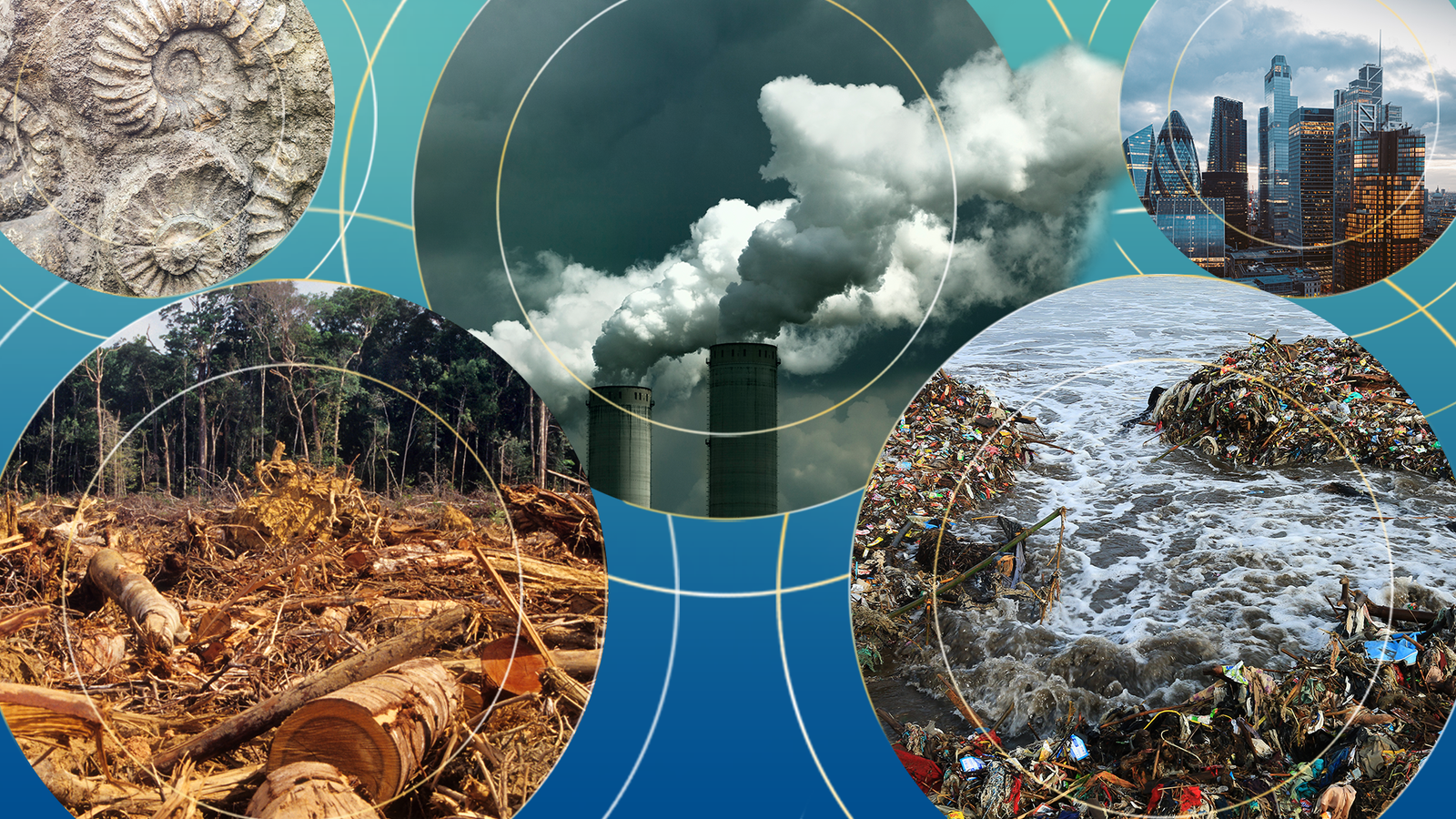Humanity is “waging war on nature”, the United Nations boss has warned as urgent negotiations to slow the destruction of wildlife begin in Canada.
The high-stakes global biodiversity summit in Montreal is an urgent chance to “make peace” with nature, according to Antonio Guterres.
“Humanity has become a weapon of mass extinction” by exploiting precious species, dumping pollution and spreading dangerous invasive species, he added.
One million species are at risk of being wiped out, an unprecedented extinction driven for the first time by humans.
In characteristically barbed language, the UN secretary-general said we are “treating nature like a toilet” by poisoning our land, water and air with chemicals, pesticides and plastics.
This amounts to “committing suicide by proxy”, he added, pointing to the cost of the loss of life-sustaining ecosystems and critical species in jobs, hunger, disease, water scarcity, energy and death.
Mr Guterres accused multinational corporations of “filling their bank accounts while emptying our world of its natural gifts”.
The death of precious ecosystems is expected to inflict £2.4trn of losses every year by 2030.
Tony Juniper, chairman of Natural England, the government’s conservation agency, called it “no longer simply an environmental issue. This is a major economic issue.”
Although many people would once have seen the destruction of nature as “regrettable, but the inevitable consequence of economic development,” now businesses and lawmakers “increasingly see that if we don’t hold and reverse the decline of nature, there’s going to be very serious economic and social consequences”, Mr Juniper told Sky News.
Please use Chrome browser for a more accessible video player
Read more:
Ukraine war supercharges shift to clean power
UK on track to record its hottest year ever
Prince William: We put man on the moon – we can repair planet
Cash and land rights likely flashpoints
At the COP15 nature negotiations, akin to the parallel COP process for climate change, a “high ambition coalition” of nations including the UK are lobbying for a deal to reverse the decline of nature by 2030.
This would include measures such as protecting 30% of land and seas by the end of the decade, and forcing businesses to assess and disclose their impacts on nature.
Such international talks are never plain sailing, with cash, indigenous land rights and the measuring of targets likely flashpoints.
There is a gap of at least $711bn (about £5.7bn) a year to pay for nature protection, according to a 2019 assessment by several conservation institutes.
The last two attempts to set up global plans and targets failed, with the world missing every single 2020 target from the last round.
Nature must be protected to meet climate goals
Environmentalists say the goal to reverse nature loss would be the nature equivalent of the Paris Agreement climate goal to limit warming by 1.5C above pre-industrial levels.
They stress a Paris-style treaty to protect land and trees is desperately needed, without which it would be impossible to meet climate goals anyway.
Mr Juniper said climate breakdown has “tended to dominate the environmental discussion at the global level. It’s simpler to explain. The consequences for people are much more obvious.”
He added: “The decline of nature – and what it means – is actually a bit more complicated, which has tended to keep it in the shadows. But that is changing.”
Almost 200 countries will attempt to thrash out a deal over the next two weeks, though only one world leader – Justin Trudeau of Canada – is due to attend, unlike the dozens that flew in for the COP27 climate conference.
Therese Coffey, the environment secretary, leads the UK’s delegation.
Watch the Daily Climate Show at 3.30pm Monday to Friday, and The Climate Show with Tom Heap on Saturday and Sunday at 3.30pm and 7.30pm.
All on Sky News, on the Sky News website and app, on YouTube and Twitter.
The show investigates how global warming is changing our landscape and highlights solutions to the crisis.









